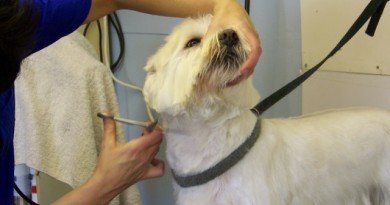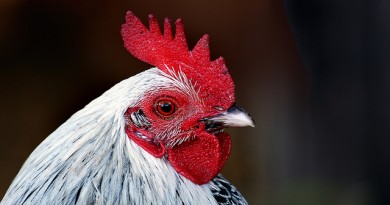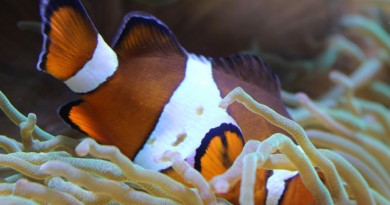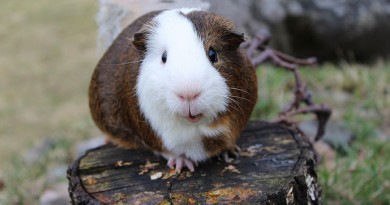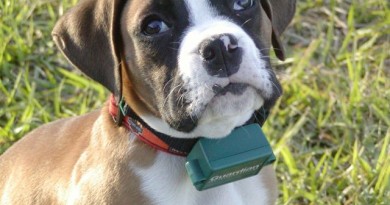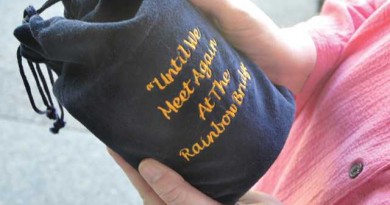How Much Does A Chinchilla Cost?
Chinchillas are rodents native to the Andes Mountains in South America. These cute little animals have very dense and soft fur. Their fur is so coveted that, these species have been hunted into extinction for their fur. The fur trade in chinchillas is now largely relegated to Chinchilla farms. Because they are so soft and furry, and due to their shy demeanor, chinchillas have become popular as an exotic pet. As an exotic animal, pet owners need specialized knowledge in order to properly care for them.
Average Cost Of A Chinchilla
As far as exotic pets go, chinchillas are relatively affordable. Chinchilla prices for a standard gray male can start as low as $50 and range to $115 for females. Other color varieties than gray can be more expensive. Chinchilla cost for beige varieties can be priced as high as $150. Expect to pay $200 for the black velvet variety. Multi-colored chinchillas cost more, starting at $225 and ranging upwards to $450. Chocolate colored chinchilla cost in some places can be as much as $500.
How Much Do Baby Chinchillas Cost?
Baby chinchillas are no more expensive than mature chins. They can be purchased for $100 to $150. Once again, baby chinchilla cost will vary according to the chin’s color and variety, with the standard gray being most affordable and the multi-colored varieties costing a little more. Because of their lack of maturity, baby chins do not ship well, so you want to look for a local breeder.
Chinchilla Cages
When budgeting the cost of a chinchilla as a pet, you have to account for the cage and other additional costs associated with owning a chinchilla. A standard chinchilla cage will cost about $50. However, chinchillas need a great deal of exercise, and a simple cage will not be enough. Unless you feel comfortable with allowing your chinchilla to roam your home, with the possibility that it might spray on your furniture and carpeting, you will probably need more than just a standard cage to keep your chin happy and healthy. Multi-level custom chinchilla cages cost about $150, and should include basic necessities like a water bottle, feeder, and a dust bath for that price. Chins are nocturnal animals and will need shelter to hide in during the day. They also need exercise, and an exercise wheel should cost about $15 as an addition fee to price in when evaluating the cost of a chinchilla.
Chinchilla Vet Costs
When evaluating chinchilla cost, remember that you will need to transport your chinchilla to the vet when necessary. These are relatively inexpensive visits at about $25. Chins can be neutered, but this procedure can be risky as the animals can have a fatal reaction to the anesthetic. Chinchillas can live 15 to 20 years as pets, if they are well taken care of. To prevent problems with their teeth, provide your chin with proper chew toys. Their rodent teeth do not stop growing. Unless they can wear them down by chewing, their teeth can become overgrown and present serious problems. Chins are intelligent animals and need exercise and interaction to stay happy. Stressed or bored chinchillas can develop a host of serious health problems. To find a qualified veterinary doctor, refer to one of the several internet chinchilla clubs as they have lists of veterinarians around the country who know how properly to care for chinchillas.
Chinchilla Information
Chinchillas are nocturnal animals. As such, they each need their own place to hide during the day. They are also intelligent social creatures, who need hours of interaction every day.
In the wild, they live in colonies or herds. They do not sweat, and can become overheated very easily and have a heat stroke. The telling sign of an overheated chinchilla is bright red ears, as they dissipate heat from their body through blood vessels in their ears. They require temperatures of no more than 80 degrees Fahrenheit. They also do not do well in the exercise balls some people use for hamsters because there is no way for the heat to escape. Because their fur is so dense, they do not bathe in water. These animals cannot dry themselves properly when wet, and can develop fur rot. Therefore, they take dust baths instead in volcanic dust native to the Andes Mountains. Chinchillas are still farmed for their fur, and it can take 150 of these small animals to make one coat. There are several online groups dedicated to teaching people more about chinchillas.
Where To Buy A Chinchilla
There are several chinchilla breeders located throughout the country. They advertise chinchilla prices through their own websites as well as with chinchilla online organizations. Chinchilla rescue organizations are also a great place to find pets. The cost of a chinchilla purchased from a rescue can be much less than a similar chinchilla purchased from a breeder. Adoption fees are usually about $75. But for that price, you get the animal and a care package to get you started. Rescue organizations also often have cages available for a donation. Getting a chin from a rescue group is a very economical alternative, as you get much more for your money than just a pet. You also get the satisfaction of having rescued an innocent animal from peril which far outweighs the pain felt by your pocket when having to dish out the dollars to cover chinchilla cost.
Should I Get A Chinchilla?
There is a lot to be considered before purchasing one of these wonderful animals or adopting from a rescue group. Any rescue organization will explain all of this too you before deciding whether to allow you to adopt from them. First, chinchillas are a long term commitment. This is not like buying a goldfish, as chins will live upwards of 15 years. For this reason, rescue groups do not like adopting the animals out as pets for children, without a commitment from the parent for long term care. They can bite, and will nip if mishandled. This is another reason they are not recommended for children. They are active and social creatures, and they are nocturnal. This means that they will be moving and communicating while you are asleep. Because they are heat sensitive, they are not recommended for people in hot climates. Chins are not lap pets. Although they are soft and cuddly, they prefer to be moving and interactive. Know what you are getting into before you purchase your pet, and make sure you are committed to giving this animal the care and attention it is going to need for many years before you even begin to consider chinchilla cost as being a factor in determining whether you might make the purchase or not.
- 693SHARES

